Every political obsessive has their bedtime story. For some, it is The West Wing, a secular scripture of soaring speeches and noble causes. I loved it too, once. Then I went to work in politics and discovered the truth: the real world runs on something much closer to Veep.
Aaron Sorkin gave us politics as we wish it were: eloquent, moral, and perfectly lit. Veep gave us politics as it truly is: vain, chaotic, and teetering on the edge of farce. It captures the comedy of modern government, where people mistake motion for progress and eloquence for wisdom, forever confusing the performance of seriousness with the reality of it.
There has been much chatter lately about whether Donald Trump deserves a Nobel Peace Prize for his role in the latest Middle East breakthrough. I will confess the honourific bestowed by the estate of a Swedish arms manufacturer sits somewhere above Time: Person of the Year and far below a true test of character like the Lady Byng award in my own personal hierarchy. But if we are in the business of awarding implausible honours, then Jared Kushner may have quietly earned one of his own: He is, by any empirical measure, one of the most successful diplomats of the modern era, even if the credentialed class will never admit it. And if your head explodes reading that sentence, it might be a sign that your priors are distorting your view of reality.
That contrast came to mind watching Western leaders, including Prime Minister Mark Carney and Foreign Minister Anita Anand, spend months choreographing the outrageous, yet hollow “recognition” of a Palestinian state. Anand appeared singularly proud of her primary, perhaps even exclusive, goal: securing a declaration that achieved nothing. The image of her rising to her feet alone to vigorously applaud Carney’s announcement at the UN honestly could have been Selina Meyer.
While Canada and Europe staged (inverted) morality plays, Kushner, the son-in-law Washington still treats as a punchline, re-emerged to help end the Gaza war, return Israeli hostages, and reopen a path to normalization between Israel and Saudi Arabia. It seems as though Kushner’s ability to bring together the Sunni Arab states provided the necessary pressure on both sides to finally push a deal across the line.
For decades, every Western foreign ministry, including our own Pearson Building, has sustained a small priesthood devoted to the mirage of “Middle East peace.” It became less a policy goal than a ritual of self-regard, a chorus of communiqués, conferences, and photo-ops that produced continuity of employment but never of peace. The consistent throughline of all their actions and activities has been complete and abject failure.
I remember once, when Prime Minister Stephen Harper was preparing for a briefing at the Pearson Building, that someone from Foreign Affairs proudly produced a large foam-board map of the region that did not include Israel. It was so on-brand it felt like satire. You could not ask for a better parable of the department’s culture: hostile to Israel, allergic to reality, and serenely certain of its own virtue. Someone brought that board back to our office, where it remained for years as a reminder of how far Ottawa’s foreign-policy class had drifted from the world as it actually is.
Then, in the most improbable fashion imaginable, the region began to change. The Abraham Accords in 2020 signaled a new alignment, and that architecture is now being extended by the same circle of Trump-era figures polite society dismissed years ago.
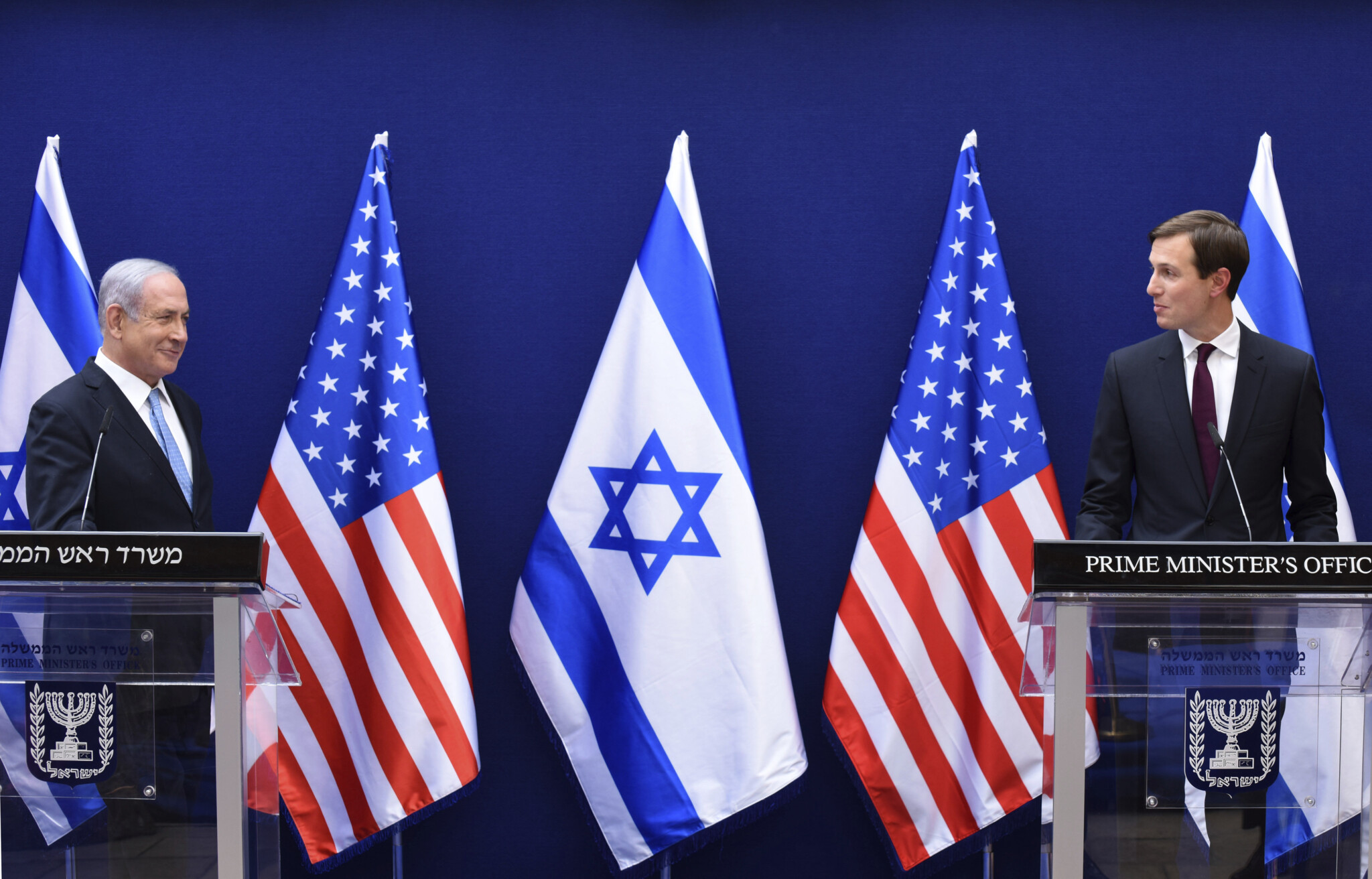
Israeli Prime Minister Benjamin Netanyahu, left, and White House adviser Jared Kushner make joint statements to the press about the Israeli-United Arab Emirates peace accords, in Jerusalem, Sunday, Aug. 30, 2020. Debbie Hill/Pool Photo via AP.
Every assumption of the establishment has been turned inside out. They said peace could never move forward without centering the Palestinian cause; it moved forward precisely by stepping around it. They said the Trump approach had poisoned diplomacy; it may have produced the only framework capable of ending this war.
Foreign policy may be the only field where there is an inverse relationship between credentials and outcomes. The more educated, process-minded, and ideologically refined the participants, the worse the results. The amateurs, unburdened by theory, succeed precisely because they are not blinded by expertise. They have not been educated into oblivion. In diplomacy, as in physics, contact with reality is both the first law and the last lesson.
Even now, the instinct in Ottawa, London, and Brussels is to issue statements rather than to make choices. They equate sincerity with success and confuse performance with progress. Every declaration is described as “historic,” which is a great signal that it is not.
The United Nations, that cathedral of the credentialed, has been almost entirely irrelevant to this conflict, a talk shop for the diplomatic class that mistakes convening for consequence. Its only notable contribution has come through a scattering of UNRWA employees moonlighting as foot soldiers for Hamas. In a world desperate for substance, the UN stands as a monument to fecklessness.
Meanwhile, in Washington, the unlikeliest of peacemakers are shaping the next chapter of the Middle East, not through empathy or eloquence, but through leverage, interest, and the unromantic logic of realpolitik.
Their success is almost indecent in its irony. Kushner is no visionary statesman. His record includes the entitlement and self-dealing that defined much of the Trump era. The administration he served in was chaotic, ethically compromised, and unserious by design. Yet in the midst of that dysfunction, he achieved what the world’s most sophisticated diplomatic corps—busy focusing on hollow pronouncements to placate domestic diaspora groups, photo ops, and moral preening—could not.
For all his faults, Kushner’s record speaks for itself. He established direct flights and built a framework that brought Israel into open partnership and economic integration with the UAE, Bahrain, Morocco, Sudan, and much of the rest of the Arab world. He worked to align Gulf interests with Israel’s security concerns, including intelligence sharing, while isolating Iran, the leading state sponsor of terrorism. And now, despite being merely a private citizen again, he returned, improbably, to help finalize a framework to end the Gaza war and return the remaining Israeli hostages.
It is an inversion of epic proportions: the corrupt succeeding where the (supposedly) virtuous failed, the unserious achieving what the serious declared impossible.
None of this absolves Kushner or the cast of characters around him of their broader behaviour. The lesson is not that venality is a virtue. It is that competence begins with contact with reality. For all their faults, Trump’s team never mistook virtue-signalling for strategy. They understood where the interests of all the relevant parties lay and worked to align similarly minded actors and bridge centuries-old divisions. They acted as though outcomes mattered more than optics. Our current foreign policy class behaves as if the performance is the policy.
That is why the comedy of Veep endures. It was never simply about Washington. It was about the modern West, a civilization of managers who discuss problems as a substitute for solving them. But in diplomacy, as in nearly every field of human endeavour, success is measured by results. The Gaza ceasefire, if it holds and the hostages are indeed returned, should remind us that the future is shaped less by the credentialed men who study it than the flawed men who move it.
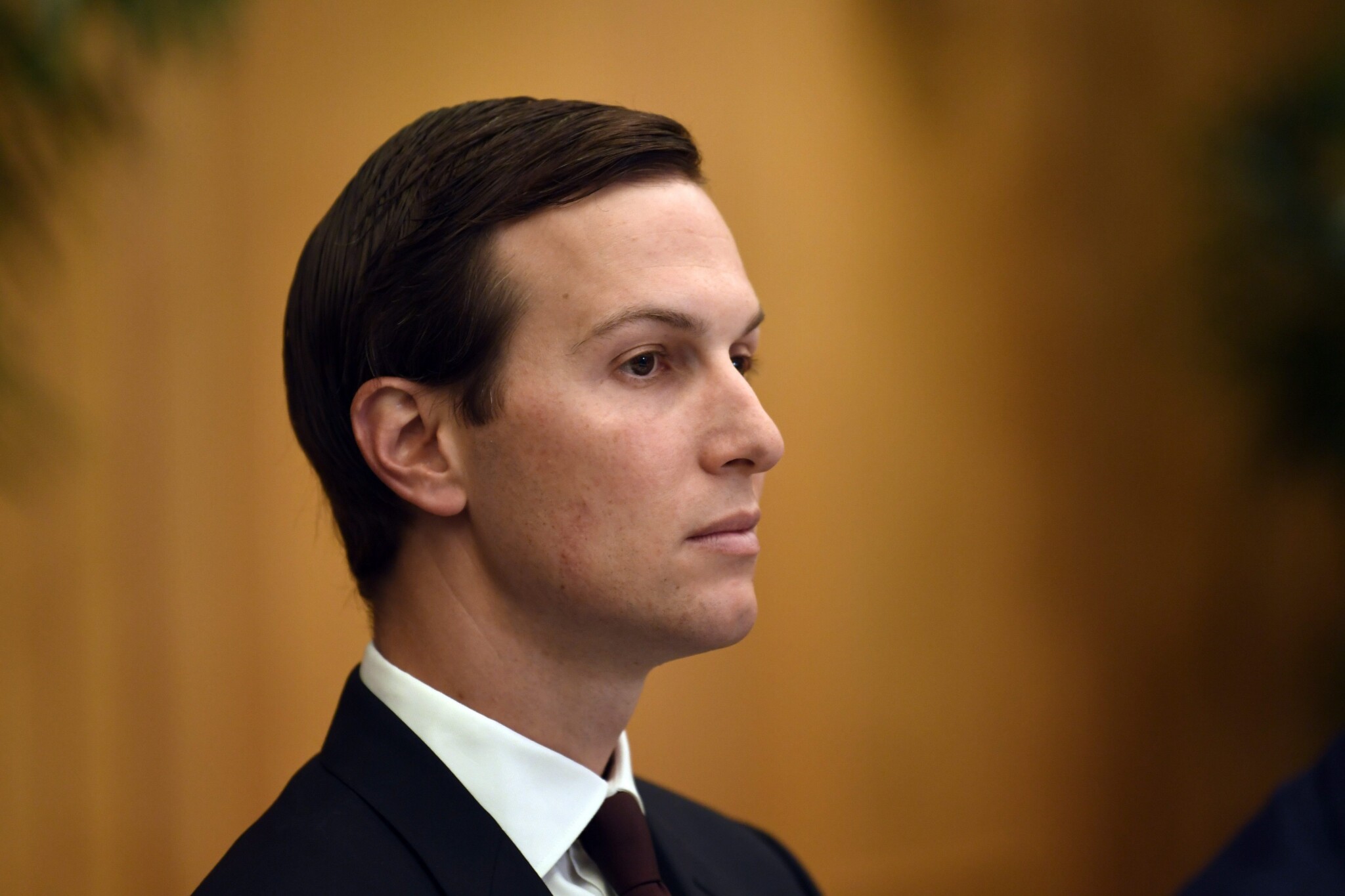





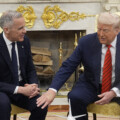
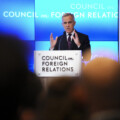
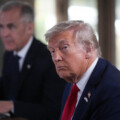


Comments (9)
Mr. Staley – this is one of the absolute best articles on modern politics that I have read. I have loved Veep and the West Wing, and that knowledge truly helped convey the essence of your message. That message is spot on. The insanity and inanity of Canadian pols such as Trudeau, Carney and Anand has been beyond the pale. Kudos.